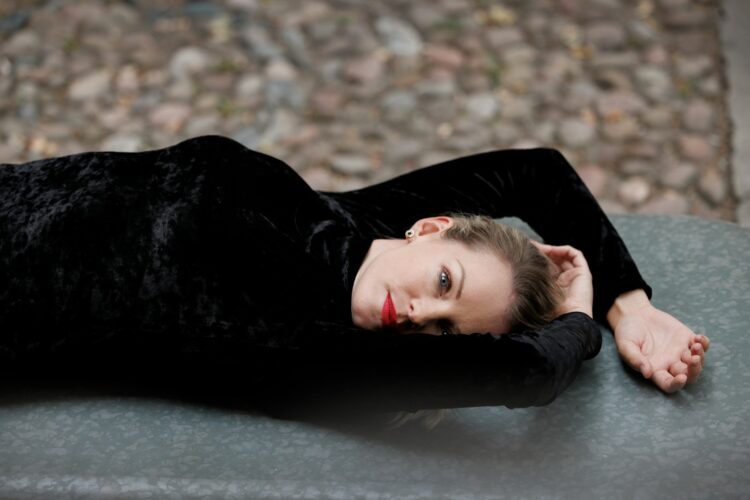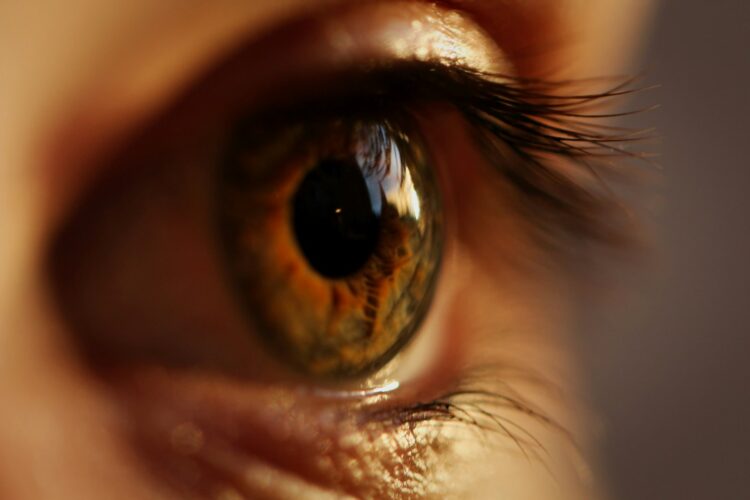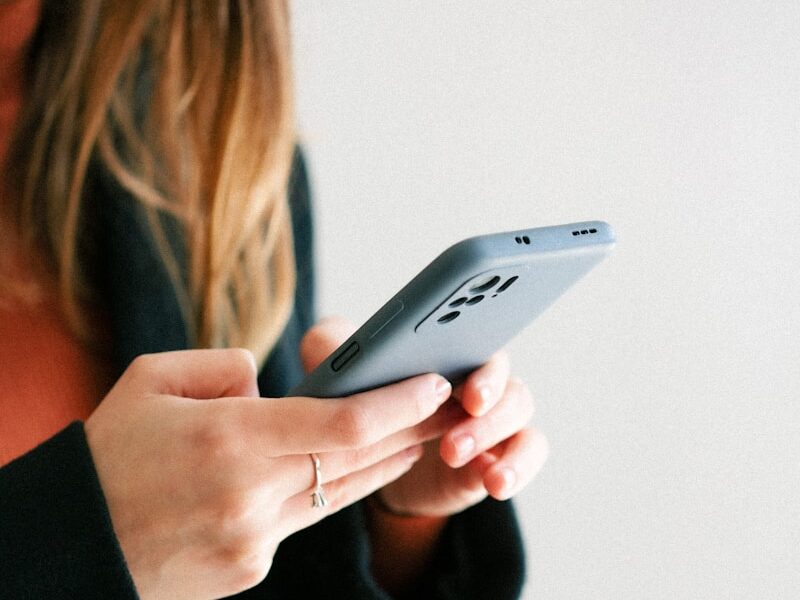
When physical or emotional attraction fades in a marriage, it rarely happens overnight. It starts in small ways—little things she used to do without thinking that suddenly stop. You can feel the distance before you can explain it. And while every relationship hits rough patches, certain patterns can signal something deeper. Here are the subtle signs your wife may no longer feel that spark toward you.
She stops reaching for you.

She used to rest her hand on your arm, lean in for a kiss, or sit close without thinking. Now she keeps to her side of the bed, avoids your touch, or pulls away when you go in for a hug. It’s not always cold or obvious. Sometimes, it’s just that the warmth is missing. When affection feels like a chore instead of a habit, that’s a quiet sign the connection has changed.
She doesn’t seem interested in conversation.

You talk, and she listens just enough to nod, but the back-and-forth isn’t there. She doesn’t ask questions, follow up on your stories, or seem curious about your day anymore. The kind of casual, easy conversation you once had now feels forced or one-sided. If she’s no longer drawn into your world through words, it may reflect how emotionally distant she’s starting to feel.
Physical intimacy fades without explanation.

It’s not just less frequent. It’s barely there. And when it happens, it lacks the same energy or enthusiasm it once had. She might brush it off with stress or being tired, but weeks pass and nothing changes. If physical closeness starts feeling mechanical or like something she’s avoiding, it usually points to something deeper than just a bad week.
She stops complimenting you.

She used to notice your haircut or say you looked nice before heading out. Even small compliments made you feel seen. But lately, there’s nothing—no spark in her eyes, no light teasing, no playful flirtation. When attraction fades, those instinctive moments of admiration often disappear too. And it’s not just what she doesn’t say, but it’s the silence that replaces it.
She avoids time alone with you.

When she’d rather be in another room, stay late at work, or make plans with friends than spend a quiet evening with you, that’s not just about being busy. It’s about comfort and desire. If shared time used to recharge her and now seems to drain her, it can be a sign that the emotional pull between you has weakened.
She no longer initiates anything.

Whether it was planning a date, starting a conversation, or just suggesting what to cook together—she used to take the lead now and then. If she’s stopped initiating even the little things, it may not be laziness. It could be disinterest. When attraction fades, so does the instinct to engage, especially in ways that used to feel effortless.
She seems irritated by things that never used to bother her.

Maybe it’s the way you chew, the way you tell a joke, or how you fold laundry. Things that once made her smile now get an eye-roll or a sigh. If she’s constantly annoyed at you, it’s not always about the surface issue. It can reflect deeper frustration or even resentment, which often shows up when attraction and connection start fading.
She doesn’t laugh with you anymore.

Shared humor used to be part of your rhythm. Now even when you try to be funny, it lands flat. She doesn’t crack a smile, or worse, she looks bored. Laughter is a sign of comfort and emotional chemistry. When it disappears, it’s not just about missing jokes. It’s about missing the sense of closeness that made laughing together feel natural.
She no longer cares about how she looks around you.

It’s not about makeup or clothes. It’s about the effort she used to make when you were around—changing into something nice, fixing her hair, or at least trying to look put together. If she only seems to care about her appearance when she’s going out without you, that contrast can say a lot. When attraction fades, so can the desire to impress.
She doesn’t make eye contact the way she used to.

Eye contact tells you more than words sometimes. If she used to hold your gaze, smile across the room, or look at you with that familiar spark, but now avoids it or looks through you, it can be a sign of emotional withdrawal. It might seem small, but it’s one of those deeply human gestures that says everything without speaking.
She’s stopped confiding in you.

You notice she shares things with others, but keeps you at a distance. Big or small, the daily details of her life used to be part of your conversations. Now you’re hearing them secondhand or not at all. That kind of emotional silence builds slowly, and when trust and intimacy shrink, so does attraction.
She seems more emotionally open with other people.

It’s hard to watch her light up in conversations with others but stay flat with you. You catch her laughing freely with a friend or talking with enthusiasm to someone else, only to get a tired version of her when she’s back with you. It’s not always intentional, but it does reflect where her emotional energy is going—and where it’s not.
She doesn’t get jealous anymore.

A little jealousy used to spark when someone flirted with you or paid you extra attention. Now, she barely notices. Indifference in situations that once would’ve made her react can be a sign she’s disconnected emotionally. It’s not that jealousy is healthy, but the absence of it can sometimes signal that the emotional tie just isn’t there anymore.
She avoids talking about the future.

Conversations about vacations, plans, or even next month’s events suddenly stall. She changes the subject, gives vague answers, or says she hasn’t thought about it. When someone sees a future with you, they naturally include you in it. If she’s backing away from that kind of talk, it may reflect deeper uncertainty, or a fading sense of emotional and physical closeness.
She no longer seems to care how her actions affect you.

If she’s inconsiderate in ways she never used to be—canceling plans, being cold during arguments, dismissing your feelings—it’s often a symptom of a larger disconnect. It doesn’t always come from anger. Sometimes it comes from emotional detachment. When someone no longer worries about how their behavior impacts you, it’s often because they’ve stopped seeing you as someone they’re trying to hold close.

